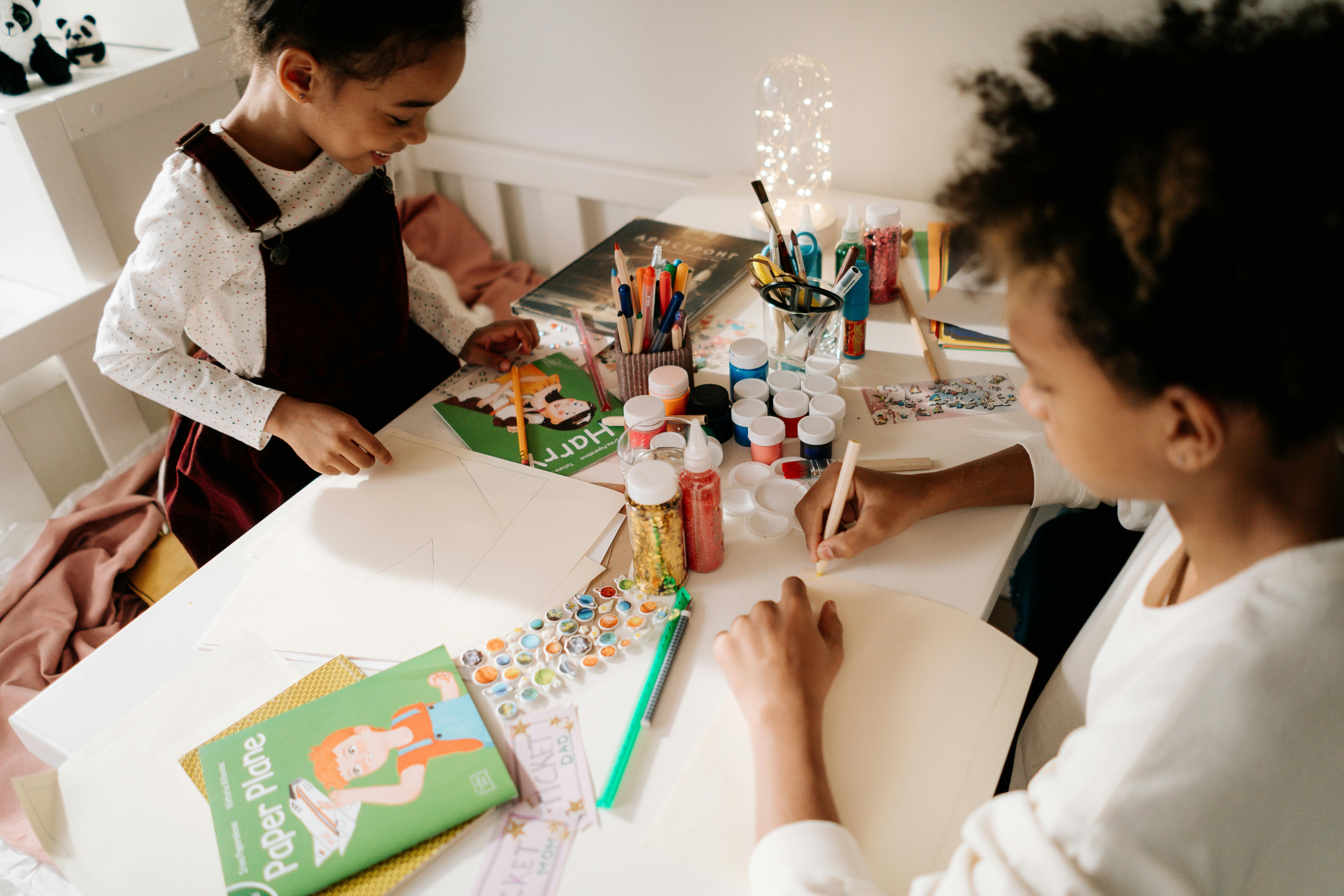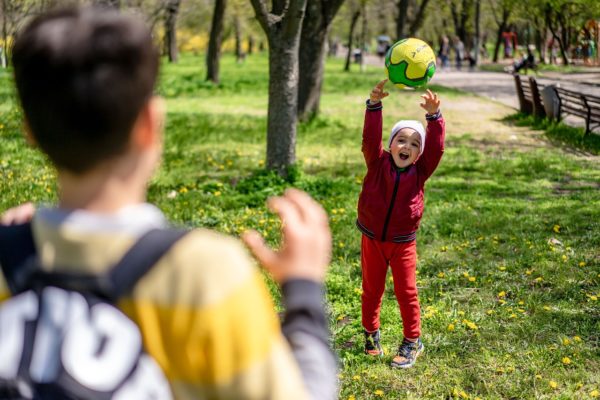We all want to make every New Year’s Eve as special as it can be, but celebrating New Year’s Eve with children might look a bit different to what you’re used to. How can you make it special without throwing off your kids’ sleep schedules for days?
Have some quality time
Your children won’t care about everything being the biggest and the best, they just appreciate having some time with you! Typical New Year’s Eve activities may also prove to be overstimulating for them.
Keep it simple and I’m sure everyone will have a great time!
Here are some ideas for a low-key celebration:
· Host a party dinner – put on your favourite clothes and have a picky tea filled with everyone’s favourite foods.
· Watch a feel-good film – find a film that you’ll all enjoy and get some snacks.
· Make a non-alcoholic cocktail – your children can’t drink alcohol but that doesn’t mean they don’t want to celebrate with a fun drink! Make a non-alcoholic cocktail for you and the kids to both enjoy.
· Have a games night – play some classic party games on the countdown to New Year- there are some great board games out around this time of year.

Stick to your routine
You can still celebrate New Year’s Eve with children without changing the time that your little ones go to bed. Bring forward the New Year’s celebrations a few hours if you have young children so that they keep to their sleep pattern. Stick to your usual bedtime routine (brushing teeth, reading a story, etc.), as these soothing rituals might help them calm down.
Feel free to carry on the celebrations by yourselves once they’re safely tucked in. So long as the music isn’t turned up too loud, there’s no reason why you can’t have a great time and relax for the evening!

Look back to move forward
New Year’s is a time of reflection, so use it as an opportunity to highlight the best memories of the year gone by. You could even put together a slide show of photos from the year and watch them together, or ask everyone their favourite memory and reminisce!
Ask your children if they have any goals for the year ahead- it’s never too early to start. This helps your children to understand that you care about them and their goals. You can also help them to set realistic targets and explore how you can help them achieve them!

Don’t stress!
Any time spent with your family is special, and sometimes it’s hard just to make space for one another. So just relax and enjoy being together!
a
At Schoolhouse Daycare, we enjoy learning, encouraging confidence and we love life! If you think your child would enjoy life at Schoolhouse, then please do not hesitate to arrange a visit.






























